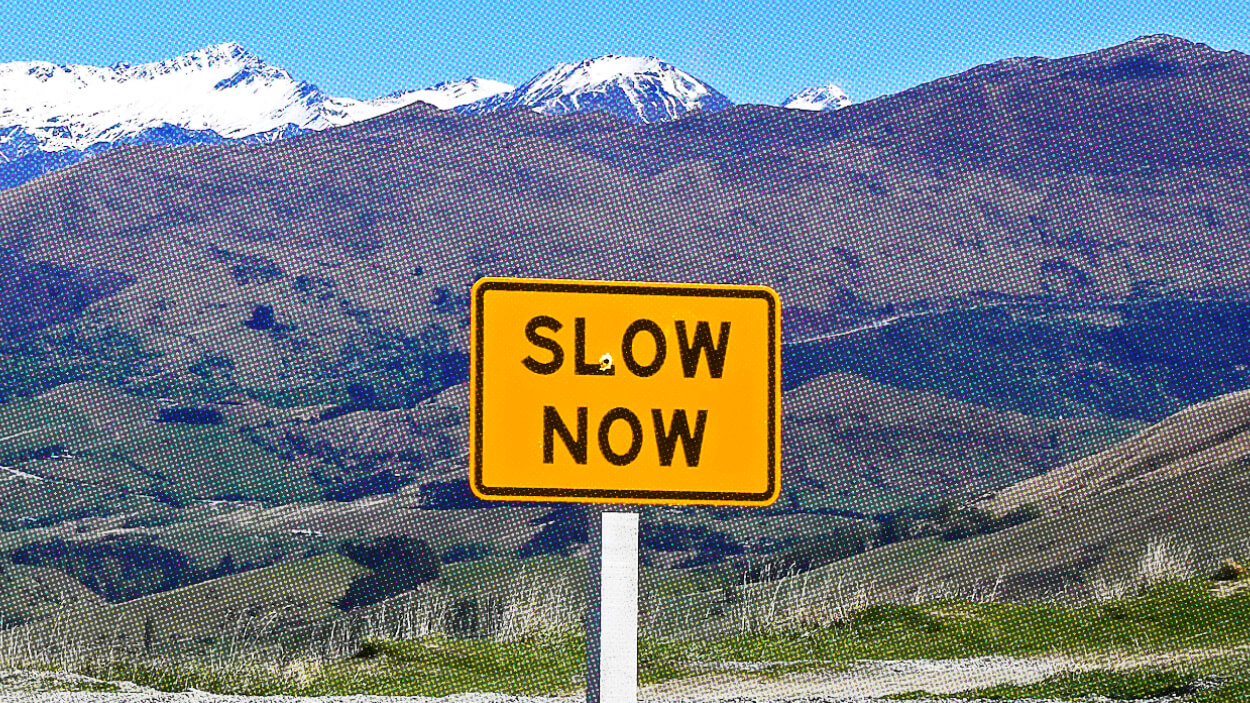A conversation with the CEO of Gay Men’s Health Crisis.
Question: What should be done domestically to combat the epidemic within the U.S.?
Marjorie Hill: Well you know it’s interesting that we do a lot of – we as a country have focused a lot on international AIDS. And there are problems across the seas in Sub-Sahara Africa, in the Ukraine, in Thailand, in Haiti—there are very high rates of infection. And for those countries in which the United States provides AIDS relief, there is a requirement that those countries develop a national plan.
Here in this country, 29 years into the epidemic, we did not have such a requirement for our own country. And so this July 13th, the President called for a national AIDS strategy, and there is an implementation plan that is due to the President just after World AIDS Day, so we’re looking for it shortly.
Question: How would you rate the Obama Administration on AIDS issues?
Marjorie Hill: Even before he was President, President Obama talked about HIV, talked about the importance of the individuals knowing their status, talked about the importance of resources, both here in this country and abroad, endorsed the National AIDS Strategy, he appointed a Director, the Office for National AIDS Policy. If I were gonna give this administration a grade around HIV and AIDS interventions and commitment to it, it would be an A minus. We still need more money.
Question: Does the media do enough to help combat the AIDS epidemic?
Marjorie Hill: If I were going to give the media at large a grade on HIV coverage, it would be a D minus. And the only reason why is isn’t an “F” is because of World Aids Day. The media has really left HIV and AIDS behind. In the early days, there was lots of coverage, whether it was the print media or news stories. And now, not so much. And so that has contributed to the general public assuming it's not that much of a problem, not that big a deal, not something that we have to worry about.
HIV is the most pressing public health issue of our time in this country. And we are not getting enough of the word out to the individuals who are at greatest risk or to John and Jane American, who also need to know that this is a public health concern.
Question: What do you imagine would be a more effective media strategy?
Marjorie Hill: In New York City, we’ve had several major anti-smoking campaigns. We’ve had significant anti-smoking legislation that prohibits where people can smoke and taxation on smoking. We’ve really focused on reducing the numbers of smokers. How many government-sponsored HIV prevention and education campaigns have there been in New York State and New York City? Zero.
You know, we have to do better. The New York City School System has a law that essentially says that sex ed, including HIV education, is a requirement, especially in high schools. But many high schools don’t do it because they don’t really have the appropriate staff, the teacher’s a little nervous about talking about sex. You know, the condoms in schools, which is also a requirement, are in the nurse’s office, locked away. And someone has to get a pass to go to the nurse on the day that the nurse is in. Good luck with that.
Question: How does stigma affect someone with HIV?
Marjorie Hill: Stigma has kept HIV and AIDS in the closet. People are still, even in 2010, afraid to tell family members, afraid to tell co-workers. The Kaiser Foundation did a study a couple of months ago and they interviewed individuals and said, would you prefer to, or not to have a co-worker living with HIV. Half of the people responded, they would prefer not to. I’m a clinical psychologist. I do very little clinical work now, but I run a therapy group for women, a support group for women living with AIDS. And the women in my group have been living with HIV for 10 to 18 years. Of the seven women in my group, three of them have not told their sisters—their sisters—that they are living with HIV.
If any one of them had gotten breast cancer or lupus or you know, any type of significant health threat, they would have told – their sister might have been the first person. When I pushed them on why they hadn’t said anything, one of the women said to me, if I told my sister that I had HIV, my niece and nephew could not visit me and certainly could not eat at my house.
You don’t get it from, you know, utensils. You don’t get it at the Xerox Machine, yet there’s all of this anxiety that persists. So we have a lot to do to overcome the challenges of stigma.
Question: Will people sharing their HIV positive status with the public help combat the stigma?
Marjorie Hill: You know, Bell Hooks, a really phenomenal African-American writer talks about the concept of coming out as really a gift that the gay community has given to society. That the whole notion of being an example, being a role model, being courageous and sort of putting out who you are to the world is a very positive and affirming thing, both for the individual, but also for society at large. So absolutely, yes, having HIV positive individuals come out in their faith communities, on their jobs, in their communities, at the club, is a very powerful thing that we at GMHC support all the time.
Question: What’s your coming out story?
Marjorie Hill: Coming out is sometimes -- people think of it as you know, one day you’re straight and then the next day, you know, you wake up and you’re gay and you come out. And while the experience may very much feel like that, it’s not the reality. I’ve been a lesbian for most of my professional life. I worked at Director of the Mayor’s Office – Director of the Mayor’s Office for Lesbian and Gay Community in the Dinkins administration. I’ve been at GMHC and have been an out lesbian, you know, running GMHC. I’ve done a number of television pieces. I was on Sallie Jesse Raphael many years ago, so you know, I’ve been very out. However, there are still occasions when I’ll have a guy say to me, “Well, do you like short guys?” And I’ll say, “Well, actually, I like short women.” Or I’m in a cab going to the airport and you know, the cab driver says, “Well, where you going?” And I’ll say to a conference. “and what kind of conference?” “National Gay and Lesbian’s Task Force.” And, well why would you go there? You know, so coming out is really something that people do – have the opportunity to do throughout the course of their life.
But in terms of an early experience, I had just broken up with – maybe a month or so, with my last boyfriend. And he was wanting to speak with me, so he picked me up from school. I was going to Adelphi. And he picked me up at Adelphi and he gave me a ride home to Brooklyn. And we’re driving in the car and he says, “So, Marjorie, just why don’t you say it? Why don’t you say, you’re a lesbian?” And I had sort of been avoiding having this conversation with him because he’s a nice guy, didn’t want to hurt his feelings. But I finally said, what the heck, “Yes, I’m a lesbian.”
So we’re driving about 60 mph, now we’re going 100 mph, and I thought maybe this wasn’t such a smart thing to do. And he’s driving and he says, “Well, have you told your mother?” And I said, “Well, no, I haven’t told my mother.” So immediately he calms down. He slows down, he says, “Well you’re not a lesbian ‘cause you didn’t tell your mother.”
So he drops me off at home, I go upstairs and I wake up my mother. It’s midnight. “Mom, mom, wake up. Wake up.” And my mother’s like, “What’s going on?” “I just want to tell you, I’m a lesbian.” So my mother’s like, “Les who? Leslie, Les-what?” And I said, “Mommy, I’m a lesbian.” And she goes like, not quite getting it, she’s still half asleep. And I said, “Mom, I’m gay, I’m gay.” And she said, “Well baby, I’m happy too. So why don’t you go to sleep.” And I finally said, “Mom, I’m a homosexual.” That got her attention. So she sat up in bed and she’s looking at me and she said, “Baby, you gonna quit school?” And I thought, oh my god, my mother’s having a psychotic episode, “No, I’m not gonna quit school.” She said, “Fine, I love you. Go to bed.”
And then you know, the rest of the weekend was pretty non-eventful until Monday morning, on my way to school to catch the Long Island Railroad, I’m getting ready to leave the house, “Bye mom.” And “Bye, have a good day. And oh, by the way, tell that girl she can’t come to my house anymore.” And that was pretty much my mother’s attitude for a couple of months. And then eventually, you know, she came around. But it was an interesting experience of proving that I was a lesbian.
Recorded November 4, 2010
Interviewed by Max Miller
Directed / Produced by Jonathan Fowler





